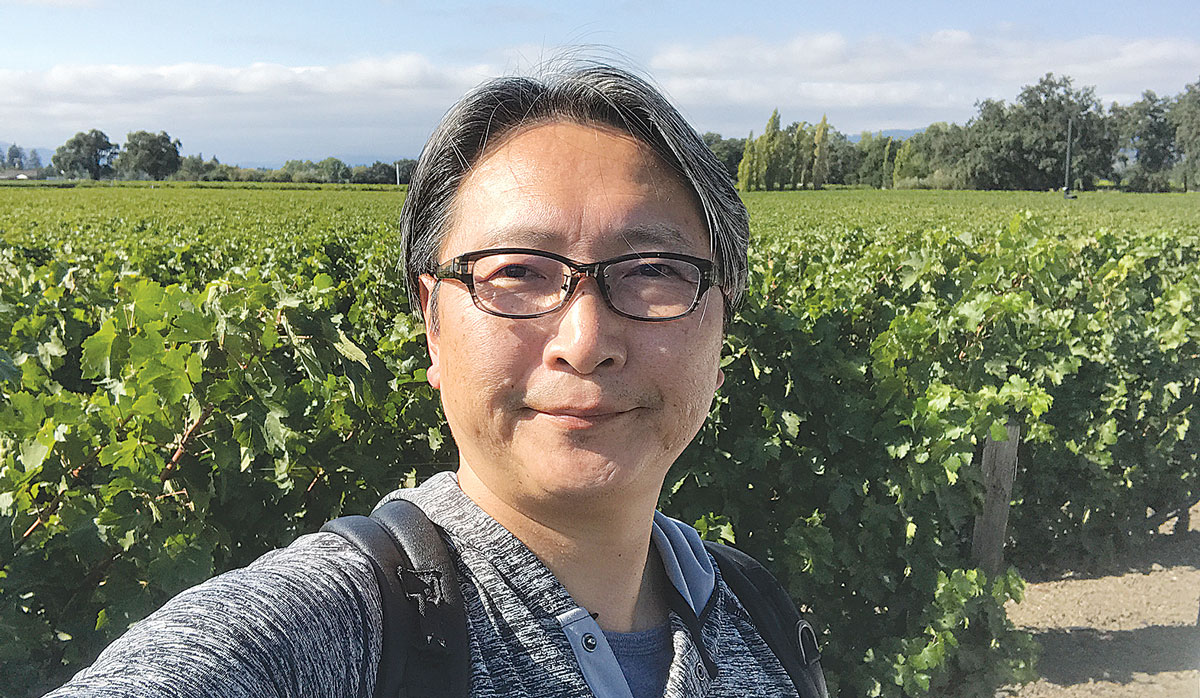Another Windfall for Fonterra Farmers, Unit Holders
Fonterra farmer shareholders and unit holders are in line for another payment in April.
 Japan is home to some of the world’s longest living people with 90,500 centenarians - people over the age of 100.
Japan is home to some of the world’s longest living people with 90,500 centenarians - people over the age of 100.
Japanese consumers pay a premium for food that contains ingredients that support health.
Fonterra says they can pay up to 50% more for foods with 'functional' claims.
"Functional ingredients do well in Japan and Fonterra has a clear competitive advantage in the space. It's our sonzai-igi - our reason for being," says Kunimoto-san, Fonterra's new president for its North Asia business, comprising Japan and Korea.
Demand for Fonterra dairy ingredients is underpinned by Japan's demand for functional foods, or foods that contain added nutrients that benefit health.
Kunimoto-san says Fonterra's dairy ingredients have always been part of this trend and the co-op's whey protein isolate (WPI), whey proteing concentrate (WPC) and milk protein concentrate (MPC) are in demand as a result.
"Fonterra's dairy ingredients have been quietly at the forefront of the revolution, helping to deliver benefits from satiety to longevity for consumers to live happier, healthier lives," he says.
There's a reason the world looks to Japan for inspiration in functional foods - foods that offer health benefits beyond basic nutrition. Japan is home to some of the world's longest living people with 90,500 centenarians (people over the age of 100). By 2030, 1 in 3 people there will be over the age of 65.
This drives strong demand for products that support wellbeing, mobility and combat cognitive decline. Foods with functional claims typically retail at 1.5 times the price of ordinary foods.
Products like yoghurt containing probiotics, vitamins and minerals can be found in any of the country's convenience stores.
Kunimoto-san says, topping the list is protein, "and it would seem the more protein you can include into a product, the better".
 |
|---|
|
Kunimoto-san, Fonterra president for its North Asia business. |
But taste remains fundamental for Japanese consumers.
"No matter how good a product may be for you, if it doesn't taste right, it's probably not going to cut it".
"Our ingredients are ideal because there's little or no compromise on taste, appearance, or quality."
To meet customer requirements, Fonterra actively works with technical experts in market and Fonterra Research and Development Centre (FRDC).
The collaboration extends to having a Fonterra resource at customers' R&D centres and having customer presence at FRDC to jointly develop the next big idea.
Examples of product applications include Fonterra's MPC, WPC, and WPI used high protein beverage and WPC in milk flavour protein powder.
Dairy Women's Network (DWN) has announced that Taranaki dairy farmer Nicola Bryant will join its Trust Board as an Associate Trustee.
Rural Women New Zealand (RWNZ) says it welcomes the release of a new report into pay equity.
Red meat exports to key quota markets enjoyed $1.4 billion in tariff savings in the 2024-25 financial year.
Remediation NZ (RNZ) has been fined more than $71,000 for discharging offensive odours described by neighbours as smelling like ‘faecal and pig effluent’ from its compositing site near Uruti in North Taranaki.
Two kiwifruit orchards in the Bay of Plenty and one in Northland are this year's finalists for the Ahuwhenua Trophy competition.
The Government's chief science advisor, Dr John Roche says the key objective for the science sector in the coming year is bedding down the reforms which sees the merger of the previous entities.
OPINION: Staying with politics, with less than nine months to go before the general elections, there’s confusion in the Labour…
OPINION: Winston Peters' tirade against the free trade deal stitched with India may not be all political posturing by the…